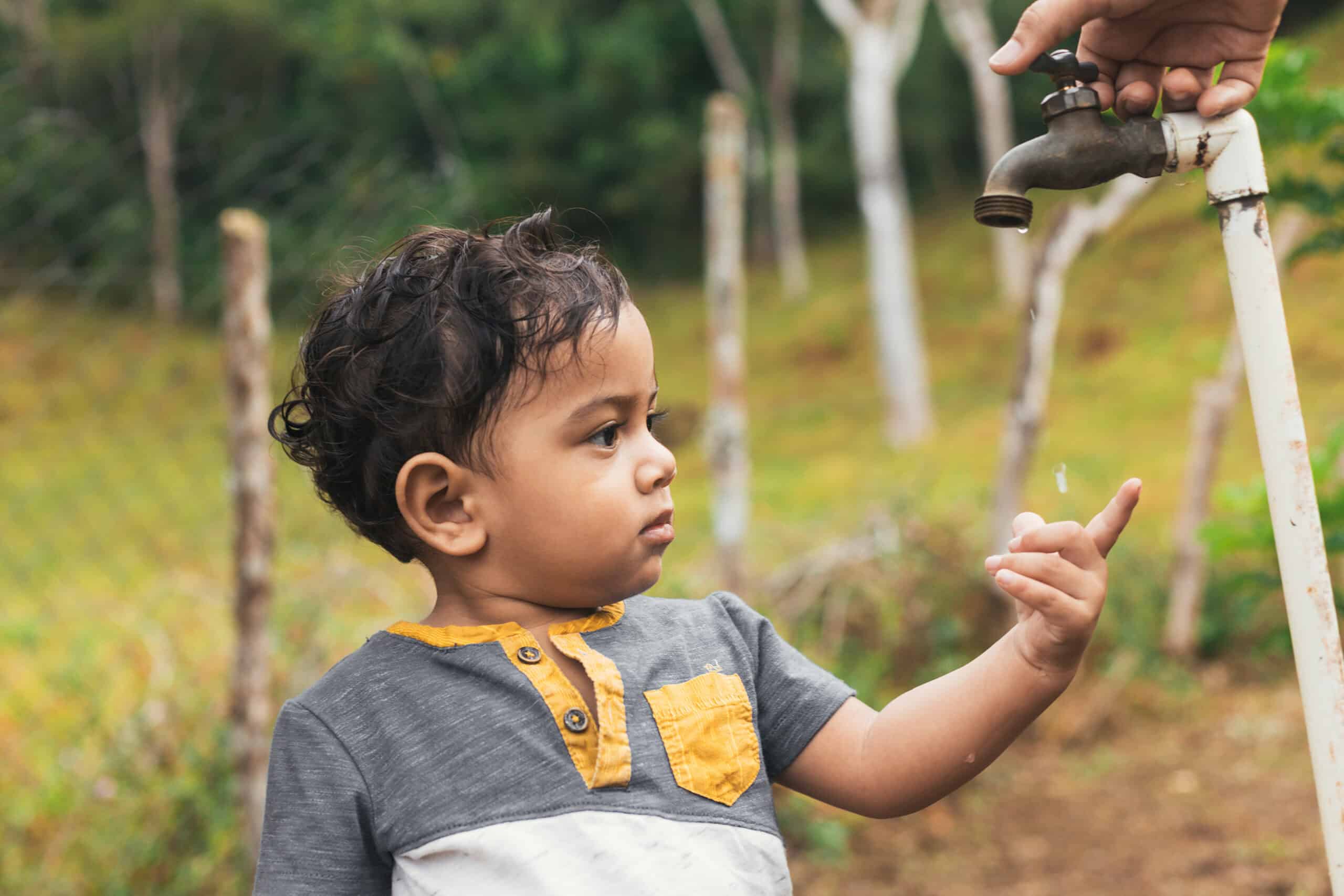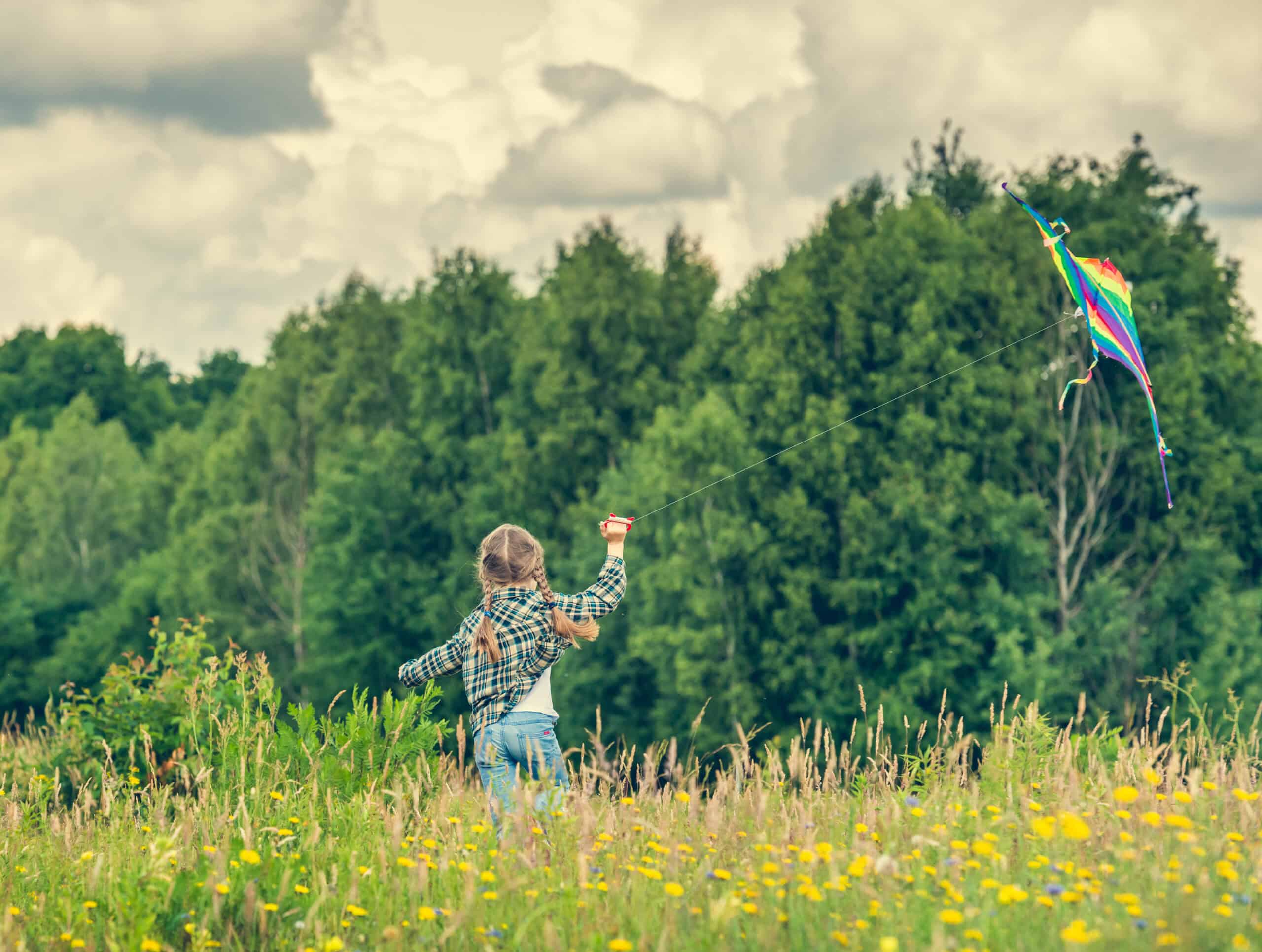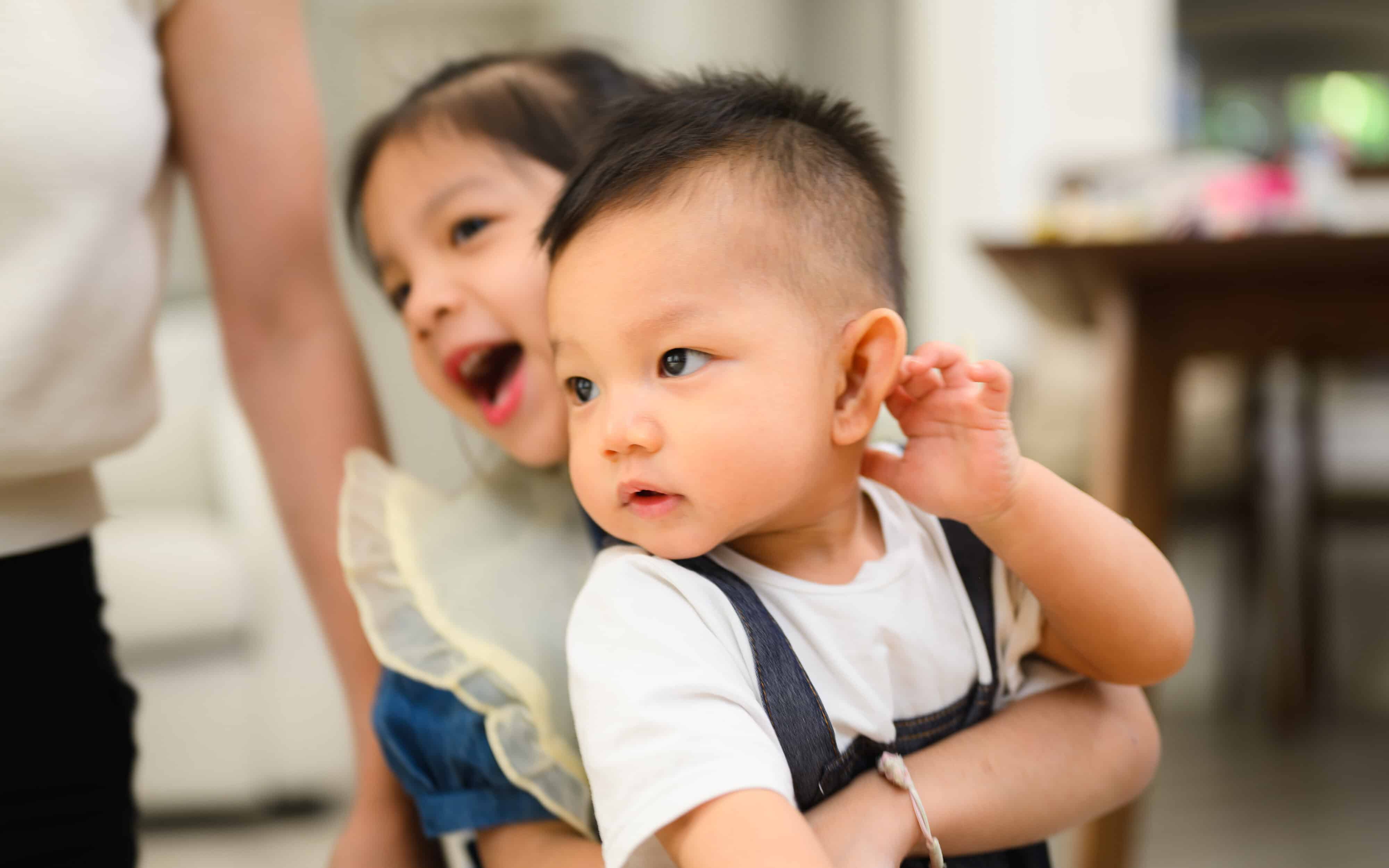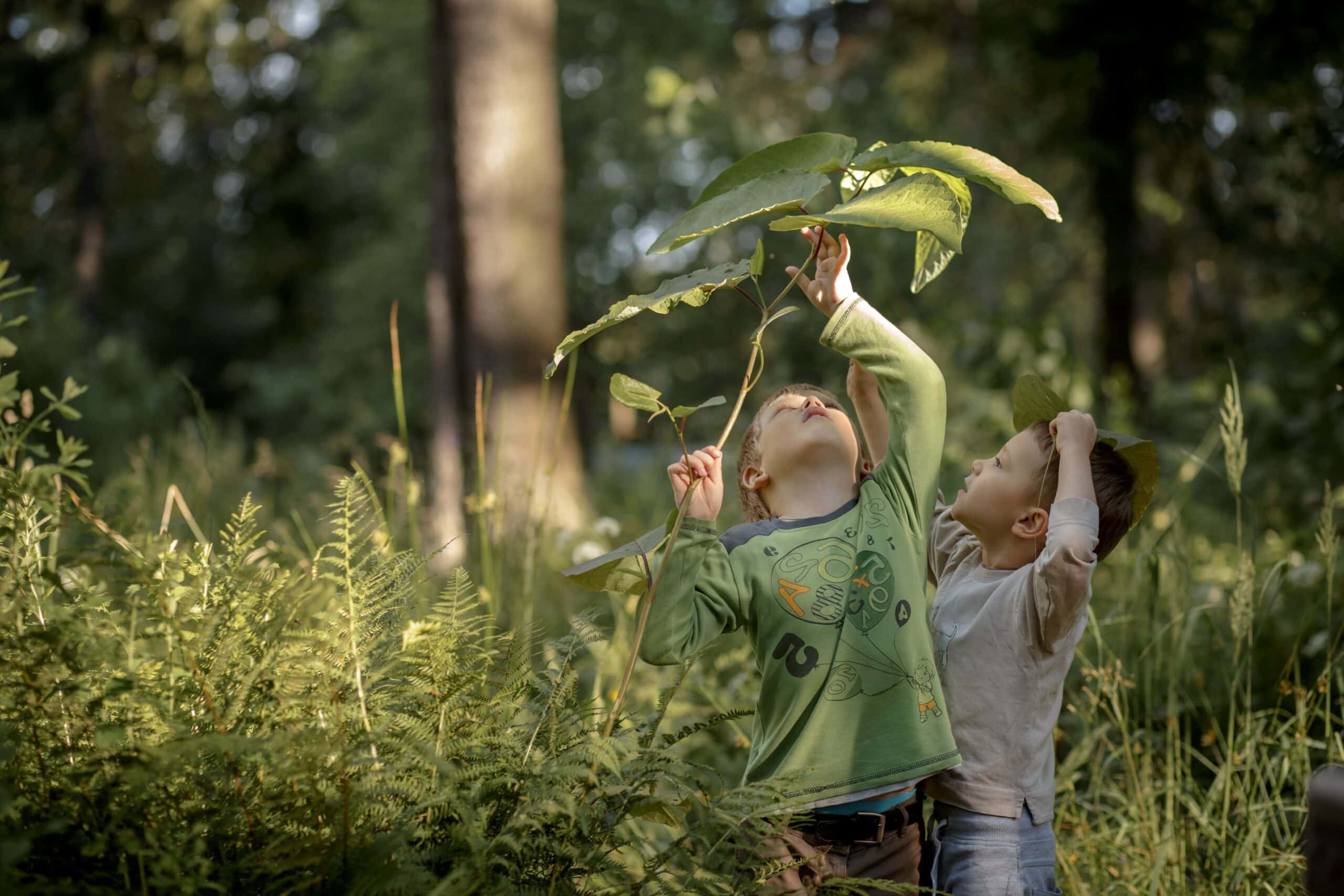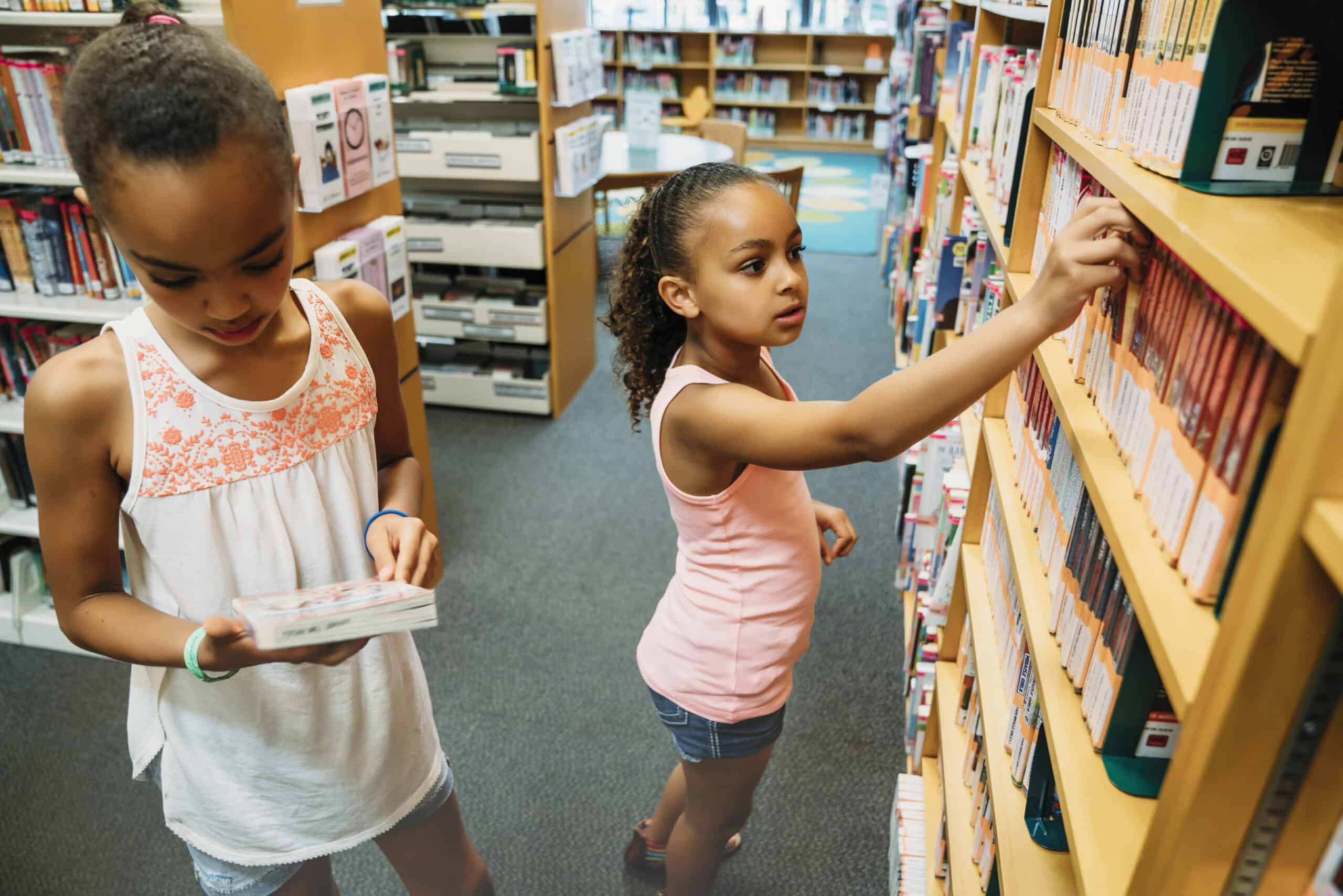Wellbeing Dimension: Cognitive Wellbeing
Cognitive Wellbeing highlights the importance of learning, memory, and adaptability in supporting mental growth. This dimension, part of the Mental Wellbeing Domain, provides tools to sharpen critical thinking, improve focus, and embrace continuous learning, helping individuals to adapt and thrive in a rapidly changing world.
-
Wonder Starts in the Body: How Awe Moves Us—Literally
You know that feeling when something stops you in your tracks? A rainbow after the rain, a whale breaching, a song that gives you chills. That’s wonder. And while it may feel like magic, scientists are discovering that wonder isn’t just in our minds—it begins in our bodies and nervous system (1). Our eyes widen.…
-
Myths about creativity
Creativity is a very mysterious thing for lots of people. Myths usually rely on a grain of truth that gets twisted and taken out of a wider context. There are a lot of misconceptions about creativity still floating freely all over the world, which suggests that the scientific research we know on this subject has…
-
Why “Silly Words” Are Serious Business
Can nonsense words like “snizzlepop” actually build serious reading skills and brain power? You might think silly words are just for laughs—but research shows they’re essential tools for literacy, creativity, emotional connection, and brain development. From the mischievous “snickersnack” of the ‘Jabberwocky’ to phonics drills using words like “zeb”, “doth”, and “mig”, silly or nonsense…
-
The Neuroscience of Words: How Language Shapes the Brain
Have you ever wondered how simply hearing a word can trigger a memory, a feeling, or even a physical response? Language is often described as humanity’s most powerful tool, yet neuroscience reveals that it is much more than a means of communication—it is a formative force that sculpts our brains across development, cultures, and even…
-
Babies’ speech relies on pitch and rhythm
Have you ever wondered how babies begin learning language before they even utter a word? Across all cultures, humans create both language and music — two universal systems built on rhythm and pitch. These shared features are essential building blocks for how babies begin to acquire language. This natural connection between language and music should…
